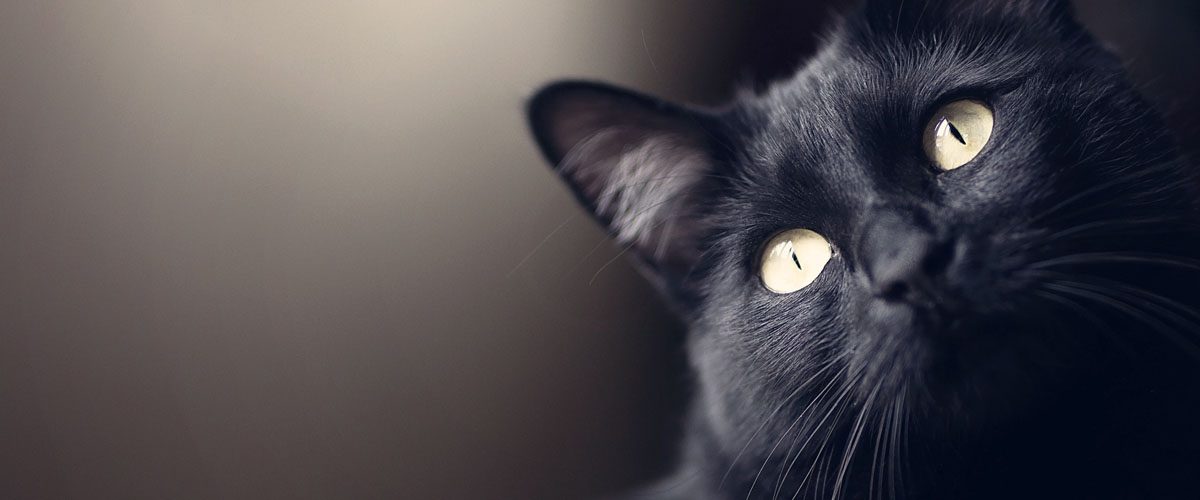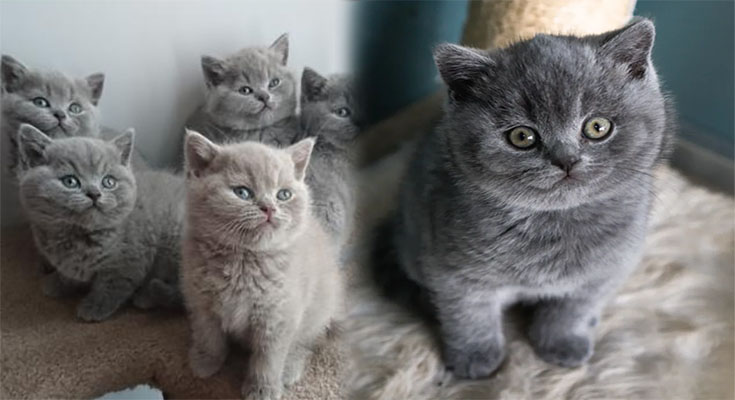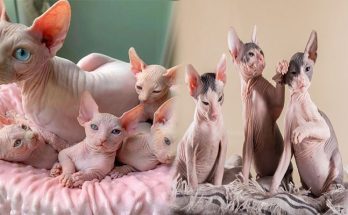A British Shorthair Cat is the perfect pet for anyone who wants a cat that’s both loyal and affectionate. They’re also great for people who want to do a little less grooming than what’s required by other cat breeds.
British Shorthair Cat Breeds
The British Shorthair is the most common breed of cat in the United Kingdom, with a history that can be traced back to the 1800s. It’s also one of the oldest breeds in existence, with mentions of them going back as far as Roman times.
The American Shorthair has its origins in North America and was first recognized by The Cat Fanciers’ Association (CFA) in 1906. It’s been bred for show since then but originally had a more utilitarian purpose: hunting vermin on farms and ranches across America.
The Norwegian Forest Cat is another long-haired feline that hails from Scandinavia–and while they may look like they’re related to Maine Coons or Ragdolls because of their size and coloring, this particular breed has different genetics at work behind its DNA code!
History of the Breed
The British Shorthair is a breed of cat originating in the UK. It has several different ancestors, but all were brought to North America, Australia and Canada by colonists. The first known example of this breed appeared during the mid-1800s and was bred by crossing domestic cats with wild European shorthairs that had been imported from Britain.
Size and Appearance
The British Shorthair is a medium-sized cat that weighs between 8 and 15 pounds for males, and 6 to 12 pounds for females. They come in many colors including black, blue, chocolate and lilac (lilacs are a combination of red/brown with white). The British Shorthair has a muscular build with well-developed hindquarters that give it its characteristic “round” appearance.
Personality Traits of British Shorthair Cats
British Shorthairs are known for their friendly and docile nature, and they’re easy to train. They make excellent companions for children because they can be trained to play games or perform tricks. British Shorthairs are not very vocal and tend to be loyal and affectionate toward their owners.
Care and Grooming Requirements of British Shorthairs
The British Shorthair cat is a good choice for people who are not cat lovers. They do not require as much attention as other breeds and are very loyal companions. They are also known for being quiet, which makes them an ideal pet if you live in an apartment or have small children.
The British Shorthair requires minimal grooming, but they should be brushed at least once a week with a firm bristle brush to remove loose hair and keep their coat healthy. You’ll need to bathe your cat when he gets dirty or muddy outside (this will depend on how much time he spends outside), but otherwise it’s best not to bathe him too often because it can strip away his natural oils that protect him from dry skin and infections caused by bacteria living on our skin which may get onto our pets during petting sessions with us humans!
Potential Health Issues with British Shorthairs
The breed may be prone to certain health conditions, including:
- Kitten-onset diabetes. This is a condition in which a kitten develops diabetes mellitus (sugar metabolism disorder) before six months of age. It’s thought that genetics play a role in this disease, but it’s not yet known exactly how much of an impact genetics has on its development. The good news is that it can be managed with proper nutrition and medication.
- Pancreatitis. Pancreatitis is inflammation of the pancreas, which produces digestive enzymes and hormones needed for digestion–and insulin for regulating blood sugar levels! The cause isn’t always known; however, certain high-fat foods seem to increase risk factors for developing pancreatitis more than others do. Signs include vomiting, loss of appetite and lethargy (lack of energy). If you notice these symptoms in your cat or if he acts listless after eating fatty foods like milk or bacon bits–or if he vomits when trying to eat them–you should consult with your veterinarian immediately so they can determine whether their diagnosis matches up with yours!
A great house cat
The British Shorthair is a great house cat for people with allergies, because they don’t shed much fur. They’re also independent and easy to care for, so they won’t need much attention or grooming. If you want an affectionate cat that will keep you company while you work at home, the British Shorthair is an excellent choice!
If you’re looking for a great house cat, the British Shorthair is a great choice. They are easy to care for, have friendly personalities and are very intelligent. If you want something more active, consider adopting one of these breeds instead!



